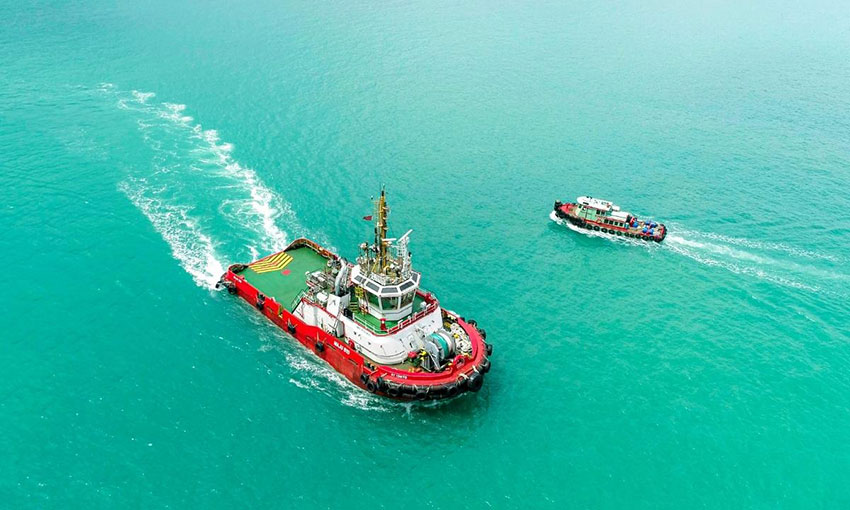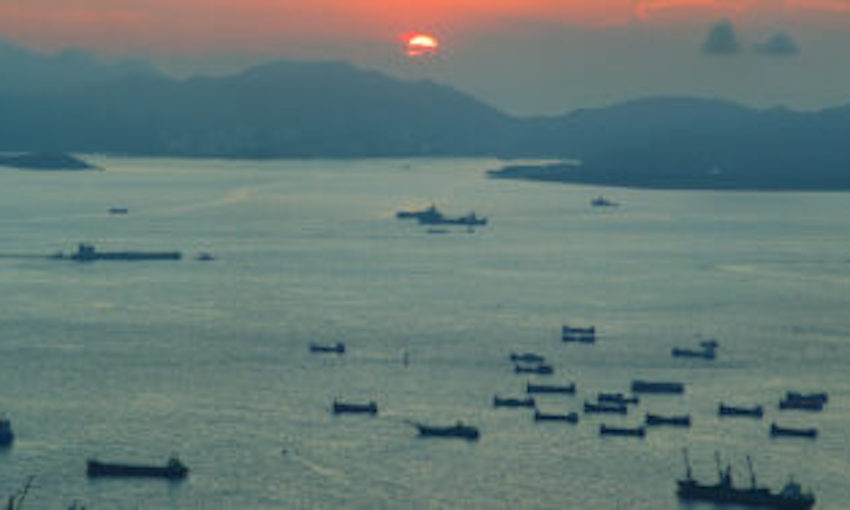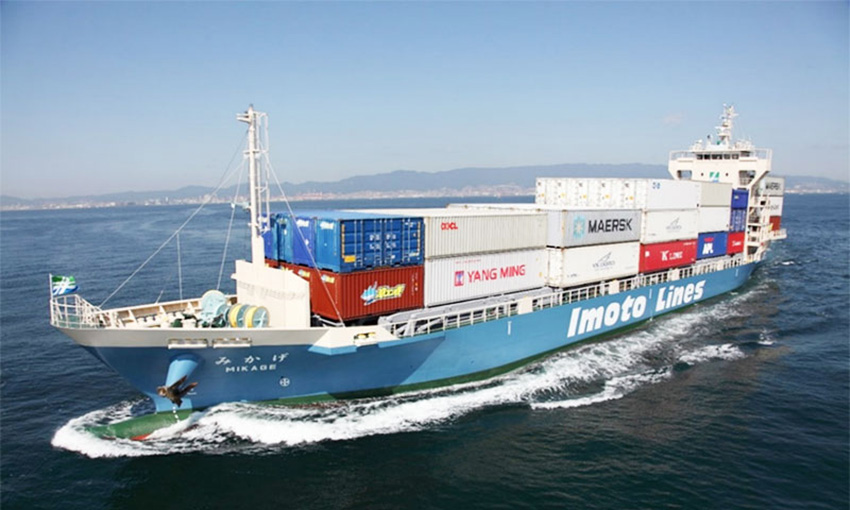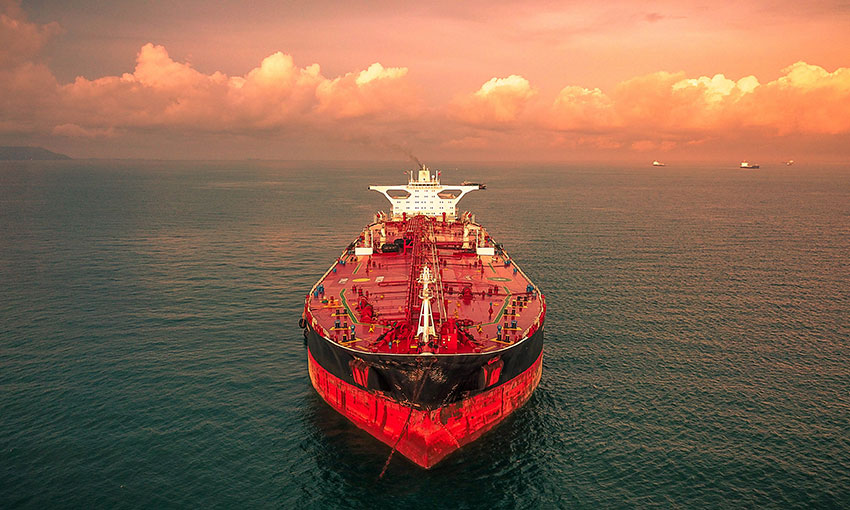THE harbour tugboat Maju 510 has become the first vessel in the world to receive the American Bureau of Shipping’s Autonomous and Remote-Control Navigation Notation.
The notations come after the successful sea trials of the vessel, which demonstrated autonomous collision avoidance capabilities in trials conducted at Raffles Reserved Anchorage, off Singapore Island, in March 2022.
The trials, conducted by ABB in collaboration with Keppel Offshore and Marine, also verified autonomous collision avoidance capabilities of ABB Ability Marine Pilot technology.
Keppel Offshore & Marine is the project lead for the autonomous solutions on the Maju 510, which is owned and operated by Keppel Smit Towage, a member of Rimorchiatori Mediterranei.
The vessel has secured the ABS Remote-Control Navigation Notation, following initial remote operation trials at the Port of Singapore in April 2021.
The latest trials verified next level of autonomy, demonstrating automated situational awareness, collision avoidance, and manoeuvring control provided by ABB’s technology.
The 32-metre-long harbor tug demonstrated its ability to autonomously avoid collisions in various scenarios, such as when two other vessels approach simultaneously on colliding paths and when a nearby vessel behaves erratically. The trials were supervised by an onboard tug master.
Keppel Smit Towage managing director Romi Kaushal said he was onboard Maju 510 during the collision avoidance trials.
“What I found particularly impressive was how the digital system identified one or several risks in the tug’s planned path and responded to set the vessel on a new, safer course,” he said.
“The vessel performed as if it was operated by an experienced tug master.”
Keppel Offshore and Marine executive director Aziz Merchant said as the systems integrator, Keppel O&M collaborated with ABB on customising the autonomous systems to enhance the vessel’s operational safety and efficiency.
“By liberating the crew of time- and energy-consuming tasks and improving accuracy during critical manoeuvres, our autonomous solution has proven its ability to increase safety in even the busiest of ports. The autonomous solutions are future-ready to handle the growing demand of tug operations in Singapore port,” Mr Merchant said.
“Through digitalisation, enhanced connectivity, and integrating ABB’s technology, we are able to generate high accuracy positioning and manoeuvring, with AI engines for marine object recognition and classification.”
ABB Marine and Ports division president Juha Koskela said: “Our autonomous solutions are designed to support the crew in performing their duties as safely and efficiently as possible. The same technology can be applied to a variety of vessel types including wind turbine installation vessels, cruise ships and ferries”.
In an earlier successful demonstration of ABB’s autonomous technology, the ice-class passenger ferry Suomenlinna II was remotely piloted through the Helsinki harbor. Like Maju 510, Suomenlinna II had been retrofitted with ABB Ability Marine Pilot Vision and ABB Ability Marine Pilot Control.




